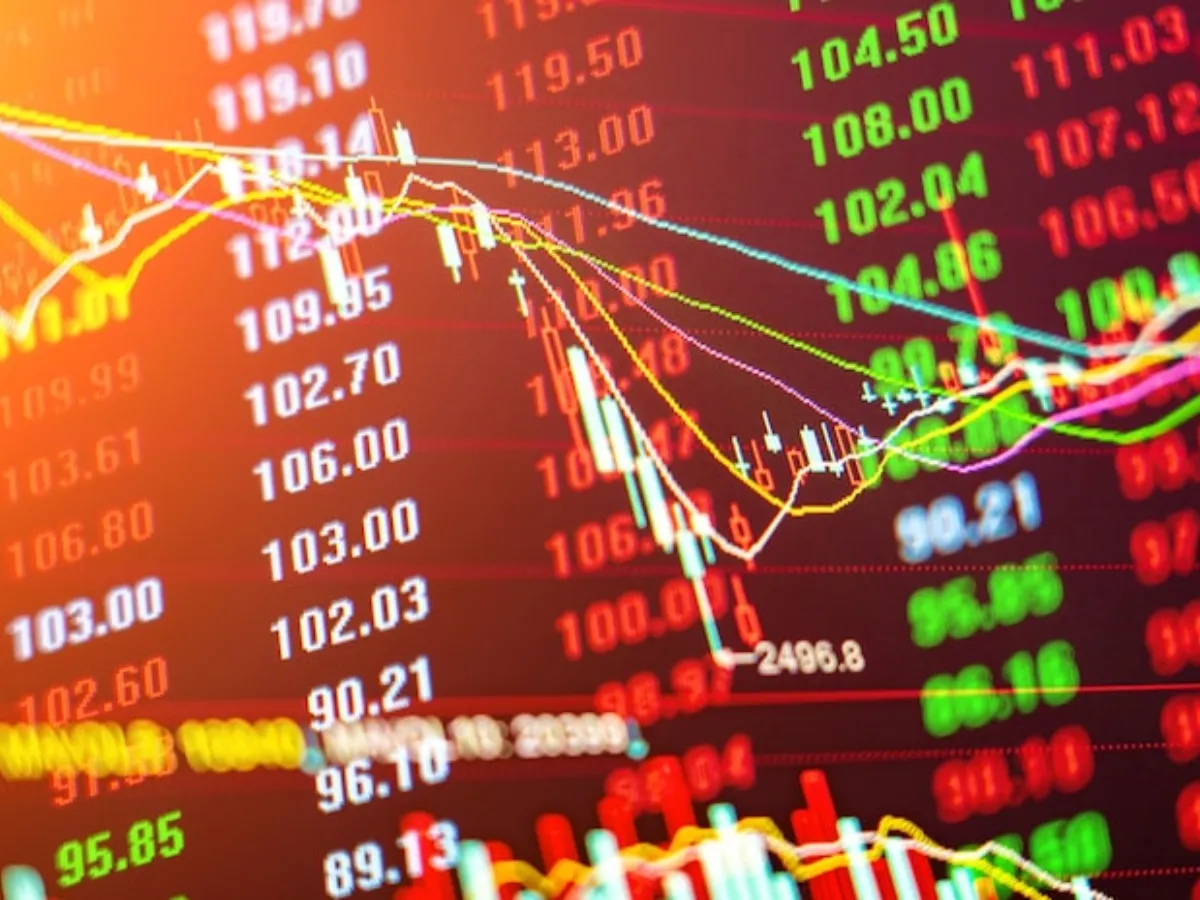Earlier this month, the Intrade Nifty-50 index touched a low of 21,744 points and the delivery-based business has decreased this month after a rapid improvement of 12 per cent from that level. This month, about 43.4 per cent of the deals on NSE and BSE have been delivered. This is less than 48.4 percent of March, which was the highest figure since March 2017. The delivery -based business then was at 52.6 per cent. During the financial year 2024-25, delivery-based business was 44.1 percent of the total trade volume while the remaining was sold in intraday.
Generally, a higher percentage of delivery -based trade indicates that traders’ stance on the market’s long -term landscape is positive. Intrade trade remains elevated when the market fluctuates and the traders do not know what will be the direction of the shares. Delivery -based business has also increased because many stocks are not allowed to have intraday trade and these shares are usually from small companies.
In March, the Sensex and Nifty had increased by 5.8 and 6.3 per cent respectively. This was his best monthly growth since June 2024. The reason for this increase was the search for better deals and the return of foreign portfolio (FPI) investment. However, due to uncertainty arising out of American tariff, the markets saw a sudden sharp selling in the beginning of the month. India VIX, which measured market fluctuations, rose 37 per cent in April after 9 per cent softened in March.
Dheeraj Reli, Managing Director and CEO of HDFC Securities, said, “Market fluctuations affect delivery-based trading volumes.” He cited the strategy of taking advantage of tax harvesting i.e. taxes for high March data. Many investors adopt a strategy to save tax by raising losses close to the last days of the financial year to avoid tax. In this strategy, the price -falling investments are sold to make up in the portfolio elsewhere in the portfolio, which reduces your total tax liability. Investors often buy the earlier securities sold at a later date or through alternative accounts, leading to a significant increase in delivery -based transactions during March.
The widespread retaliation of US President Donald Trump has intensified the global trade war. These fees increased the possibility of recession, which resumed the market in April. China’s declaration of anti -counterparts increased the restlessness of investors. But the shares jumped after Trump announced a 90 -day break and eagerness to interact with business partner countries. In the latest boom, the Nifty Midcap 100 and the Nifty Smallcap 100 indices have performed better than the benchmark Nifty Index.
“The market recorded a huge lead in March after a sharp decline of five months, CEO of Taurus Financial Market said. This led to the increase in delivery volume. In April, the concern of the economic impact of trade charges increased volatility, increasing the intraday volume and a slight decrease in delivery volume.
Experts said that if the broad markets continue to perform better then delivery -based deals may increase. The founder of Equinomics G. Chokalingam said, there are a lot of beaten shares in the smallcap segment and they have a chance to buy in terms of evaluation. Largecap has recorded an increase in one point in several sectors. Smallcap can get a better edge stock. In addition, intraday trading opportunities are available only in large midcap and largecap. Even to earn profit in short term, you should take delivery in the small cap.
First Published – April 30, 2025 | 10:41 pm IST
Related post
(Tagstotranslate) Stock market wrap up

